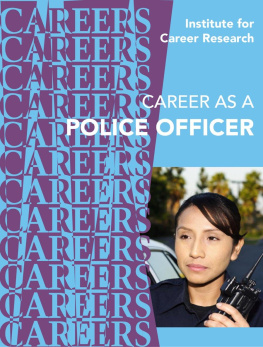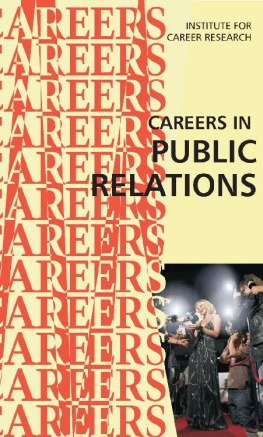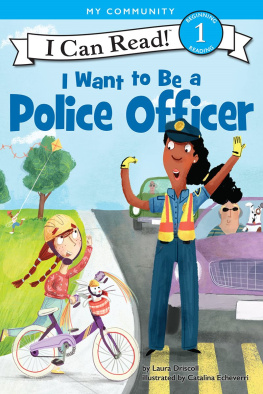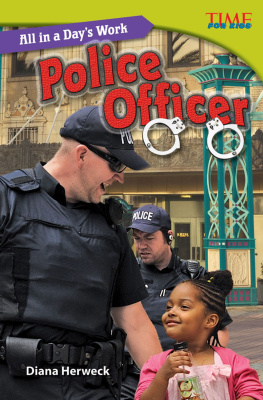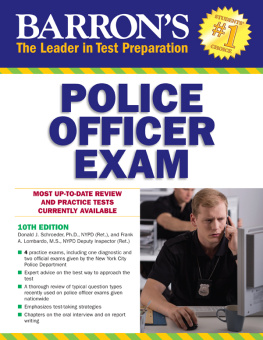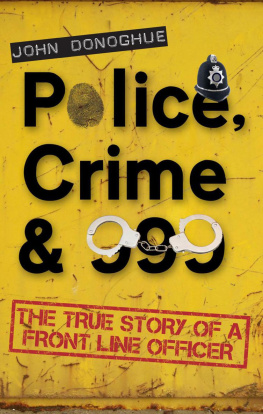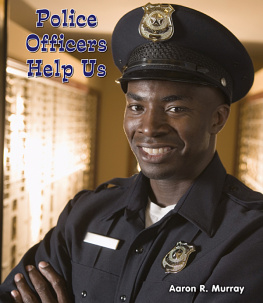
JOBS ON A CITY POLICE FORCE AS PATROL OFFICERS
Earnings
- Entry level: $45,000 per year
- Median Level: $35,000 - $85,000 depending on the state
- Higher Levels: $100,000 +
- Excellent benefits and pension
Traits Required
- Fair-minded
- Physically fit
- Honorable
The Work You Will Do
- Patrol Officer
- Juvenile Officers
- Detective
- Matron
- Tactical Officer
- Police Chief
Where You Will Work
- Small-town police departments
- Big cities
- Suburbs
Education Required
- High school diploma
- Associate's degrees in criminal justice
- Bachelor's degree in criminal justice
- Master's degrees
- Entrance exam
- Continuing Education
Pluses
- Opportunity to serve the public
- Interesting work opportunities
- Cops are cool
Minuses
- Not everybody likes cops
- Policing can be dangerous
- Politics
Introduction
City police officers protect communities by enforcing laws and maintaining peace. Every day and night they patrol the streets, looking for signs of suspicious activity and checking to make sure people and properties are secure. In addition to finding and arresting suspected criminals, they respond to emergency calls for help, regulate traffic, control crowds, and promote good community relations. It is a job that calls for exceptional courage, hard work, good judgment, and the ability to think fast under pressure.
The specific duties of a police officer vary among communities of different sizes. Heavily populated urban areas have large police departments where officers may be assigned to specific tasks such as surveillance, responding to reports of domestic violence, or assisting with roadside emergencies. In smaller communities, police officers are more likely to cover multiple responsibilities, from answering 911 calls to monitoring speed zones.
A career as a police officer can be very rewarding. Some people like the idea of being in service to their community, helping their neighbors and keeping them safe. Others are attracted to the perceived excitement of chasing bad guys and getting drugs off the street. There are other good reasons to consider becoming a police officer. The salaries can provide a relatively comfortable living, the benefits are excellent, there is an opportunity for early retirement, the job outlook is good, and there is little reason to worry about job security during economic downturns.
One big plus is the low threshold for entry. The minimum education requirement is a high school diploma or GED. That does not mean you should not consider going to college. Applicants in many jurisdictions face substantial competition. Completing an associate degree or even a bachelors degree in law enforcement or criminal justice can provide an edge over the competition.
Regardless of educational background, all new officers get training from the police academy. You have seen plenty of movies and cop shows to know that the physical training required to become a cop is tough. There are obstacle courses, five-mile morning runs, shooting ranges, and tactical scenario training rooms. It is very much like military boot camp, and that is only part of the academy experience. There is also intense classroom instruction in patrol procedures, criminal statutes, traffic laws, report writing, civil rights, and all kinds of legal guidelines and department policies.
After about six months in the police academy, new officers start patrolling under the supervision of an experienced partner. They will typically get the worst hours, which often means overnight, and they may stay on that shift for more than a year. Their pay, which might have been lower than sworn officers while in the academy, will be somewhere between $30,000 and $45,000. Their salary will increase at regular intervals though. The national average is about $65,000 a year, and there are ways to substantially improve income. With the right combination of experience, training, and geographic location, it is possible to earn more than $100,000.
City police work has its downsides. It is physically demanding, stressful, and dangerous, but there is a reason turnover in most police departments is exceptionally low. Those who have chosen a career in law enforcement report great satisfaction in being able to spend their days protecting their neighbors and making the world a better place.
What You Can Do Now
f
Thereismuchthatateenager can do to prepare for a career as a police officer. At minimum, you will need a high school diploma. Classes should include math, science, psychology, English, and Spanish. Math and science help develop critical thinking and analytical skills needed to track crime statistics, and for reconstructing car accidents and solving other police-related problems.
Good English skills are needed to communicate effectively with the public you will serve, deliver clear testimony in court, and write the many required reports. Since there is a growing Hispanic population, being able to speak Spanish is invaluable. Psychology classes can help you interact with community members by learning how people think and what may motivate criminal behavior, including mental illness or the lingering effects of trauma.
Consider joining the debate team. It will help you develop mental agility, build persuasive arguments, and acquire negotiating skills.
The physical demands of the job cannot be underestimated, so make fitness part of your lifestyle now. Do whatever you can to build and maintain a healthy physique. In addition to PE classes, you could work out, play sports, learn martial arts, bike to school, or run marathons.
To learn what a career in law enforcement is really about, join the Police Explorers program. It is a career-oriented program that gives teens the opportunity to work with local law enforcement agencies. Explorers activities include community service, simulated police training, ride alongs, marksmanship instruction, and more. Most cities also have Junior Police Academies for high school students to join. This can be a great way to build relationships with police officers who could become mentors. You can simply go to your local police department and ask for a ride along.
Do volunteer work. Helping people is a great way to learn the value of serving your community. Meeting potential mentors and building your rsum are added bonuses.
Get a part-time or summer job working with the public. Working in a restaurant or retail store is ideal for learning to deal with people patiently, respectfully, and with understanding. Consider it a paid learning experience. Learning to read body language, speech patterns, and the dynamics of group behavior, is vital to a cops survival.
In any job, whether it is volunteer or paid work, show leadership. Set the example for others by acting with respect, honesty, and integrity. It goes without saying that you must stay out of trouble and choose your friends carefully. Your past behavior will be judged when applying to the police academy.
History of the Profession
The local police force that we know today is an integral component of society that we depend on for keeping us safe, enforcing the law, and maintaining order. It took a long time for it to evolve into its current form. The history of policing in the US started nearly 400 years ago, while elsewhere in the world it can be traced back as far as 3000 BC. In fact, policing in some form has been around since the beginning of civilized cultures.
Next page
